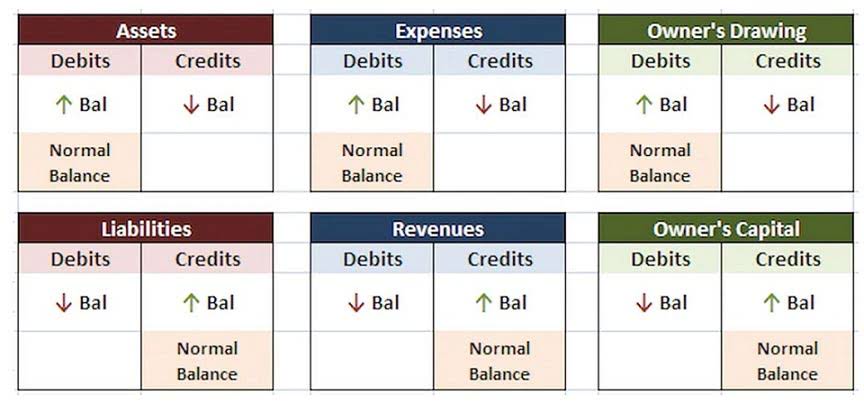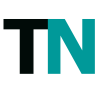
It’s necessary to calculate both incoming cash flow and gross operating expenses when assembling a cash flow analysis. Incoming cash flow should include gross rental income, additional income from extra fees and services, and vacancy rate. Gross real estate cash flow operating expenses cover property management fees, maintenance costs, capital expenditures, and property taxes. If cash flow is negative, it means that rental income less operating expenses and debt service results in a negative number.
- Looking at how much you could charge in rent for a particular property isn’t enough to give you an accurate picture.
- For that matter, multifamily property investors should also understand internal rate of return (IRR) and how it differs from other potential returns.
- “The more expensive the home, the larger the percentage of cash deals,” McDermut said.
- To generate a positive cash flow, your main objective should be increasing your income while minimizing expenses as much as possible.
While his real estate business runs on autopilot, he writes articles to help other investors grow and manage their real estate portfolios. Because you could have put your money in an index fund, with no labor at all. Real estate investing comes with more labor and headaches than stocks, and landlords need to remember that when they calculate the rate of return on a rental property investment.
Navigating Expenses: Keeping Costs in Check
For the remainder of the article, the terms “cash flow” and “cash flow before tax” are used interchangeably. Seasoned investors know how to maximize their cash flow by increasing their income while minimizing expenses as much as possible. When purchasing a new investment property, they always use a cash flow calculator to ensure the investment is worthwhile. Running through this exercise will help you realize that you’ll have to look at numerous figures affecting your property’s operational costs. The more accurate data you can collect, the more precise your cash flow calculation will be. Making the cash flow calculation is easy, especially when using an online rental property calculator like this one.
Successful real estate investors know that true profits are made when a property is purchased, not when it’s sold. That’s because if an investor buys above market price, they’re paying more for the property over the entire holding period and losing profits by leaving money on the table each month. All measure returns and passive income potential, but serve different purposes for real estate investors.
Property taxes and insurance
Given a 6% interest rate, a 1.5% non-liquidity rate, a 1.5% recapture premium, and a 2.5% rate of risk, the capitalization rate of an equity property is 11.5% (6% + 1.5% + 1.5% + 2.5%). If the net operating income is $200,000, the market value of the property is $1,739,130 ($200,000 ÷ 0.115). Repairs and maintenance are routine expenses that are required to keep a property in good operating condition. While necessary, they reduce the amount of cash flow available for distribution. However, repair and maintenance expenses can become especially problematic for cash flow when there are surprises that weren’t planned for. For example, if the entire air handling system breaks down and it is going to cost $20,000 to fix it – there is a significant, unplanned impact to cash flow.
Are you interested in breaking into the lucrative world of real estate investment? If so, you know that meeting various real estate metrics is one of the major keys to success. And perhaps one of the most important performance metrics to stay on top of is cash flow in real estate because it measures how profitable your property is.
Two Years of Rental Property Cash Flow
Some areas with traditionally low CAP rates are more stable, meaning their property values are less impacted by recessionary times. Whatever type of properties you are interested in, you can search for rental comps on websites like Craigslist, Zillow, and Rentometer. Get instant access to all of our current and past commercial real estate deals. Every property needs insurance to protect themselves from financial loss in the event of theft or damage from a natural disaster like a hurricane. The policy premium reduces cash flow, but is necessary to prevent a major, unexpected expense. Sometimes when a tenant moves out, there will be repairs/cleaning you’ll have to take care of beyond what their security deposit covers.

Real estate crowdfunding works in a similar fashion, where a majority (if not all) of the properties in the portfolio are pre-selected by an established real estate professional. Both offer investors the opportunity for a “set it and forget it” type of real estate investment that should generate positive cash flow. Maintaining a positive cash flow is just one of many best real estate investment practices. As you gain more experience, you’ll learn that there are numerous strategies you can incorporate to mind your due diligence and operate your investing business smoothly.











